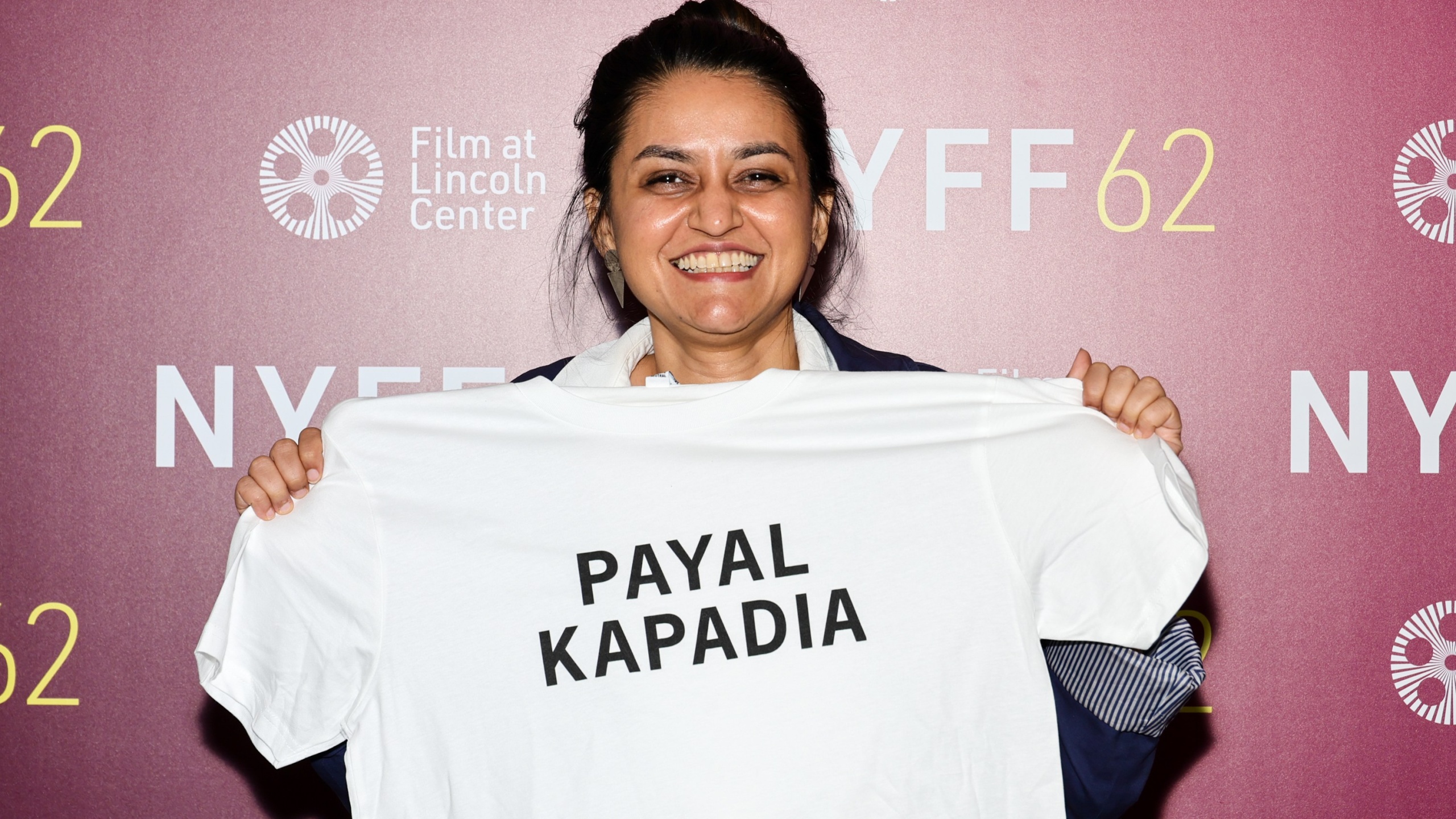For as much rich history and beautiful tradition as the Academy Awards are known for, South Korean filmmaker Bong Joon-ho perhaps said it best when he described the ceremony as “very local.” Though this didn’t stop his “Parasite” from sweeping the 2020 Oscars, the rules around what gets nominated and what kind of stories are deserving of such accolades has been a major issue in recent years. For instance, despite winning the Palme d’Or at the Cannes International Film Festival last year, Justine Triet’s “Anatomy of a Fall” was refused as France’s submission to the Oscar, the country instead choosing the more traditional “The Taste of Things.” Triet went on to win the Best Original Screenplay Oscar for her film while “The Taste of Things” went home empty-handed. In a repeat of these circumstances, Indian filmmaker Payal Kapadia stunned Cannes audiences this year, winning the Grand Prix for her debut narrative feature film, “All We Imagine as Light,” but her home country instead chose the broad comedy “Laapataa Ladies” as their Oscar submission for Best Foreign Language Film.
“It was nice to be considered, but it was also nice that a really good film got selected,” Kapadia said in a recent interview with Vanity Fair. “But the world is moving beyond these national boundaries. It would be nice if we embrace having a more open idea to cinema, where it’s not bound by its country, but more of a cinematic language or something that is connectable by everyone.”
Kapadia went on to describe the system by which the Oscars choose their nominees as “a bit archaic in my view.” In fact, the rules around foreign language submissions can be stretched to such as degree that even though dialogue in “All We Imagine” is spoken in Malayalam, Hindi, and Marathi, there was a chance for them to be considered as France’s submission since the film was produced by the Paris-based team of Thomas Hakim and Julien Graff. Ultimately France chose Jacques Audiard’s “Emilia Pérez” as their submission, itself a French film spoken mostly in Spanish. In a similar situation, Germany’s Oscar selection this year, “The Seed of the Sacred Fig,” actually comes from Iran. Dissident filmmaker Mohammed Rassoulef was forced to flee his home country following the government sentencing him to eight years in prison and is now residing in Germany.
In financing her quiet, Mumbai-set drama, Kapadia had to find help outside of India, since Bollywood is still the main audience driver there. For this reason, many consider “All We Imagine” as a European film set in India, but Kapadia is tired of viewing cinema along these terms.
“You don’t see so much independent cinema from India traveling and being seen around the world,” she said. “And if you see the kind of films being made in India, it’s mostly not women’s stories.”
Prior to her feature debut, Kapadia won the Golden Eye award at Cannes for her 2021 documentary, “A Night of Knowing Nothing.” Combining these skills with broader cinematic influences like Chantal Akerman’s avant-garde “News From Home” and Agnès Varda’s “Cleó from 5 to 7,” Kapadia aimed to create a human story that speaks to a specific locale in a universal language.
“I wanted to see how I could apply that to Mumbai as well — to be more documentary, to not have a big camera that makes it difficult to shoot in certain areas, but just going into the city without a purpose,” said Kapadia. “People can relate to it in this way with their own cultural context.”
Kapadia went on to explain how she felt “very free in cinema” and how it allows her to create a vocabulary we can all understand. Even if she doesn’t get to helm an Oscar campaign for Best Foreign Language Film, she still may get a chance to push her screenplay just as Triet did last year. No matter what, she believes her film will help Indian cinema receive wider awareness.
“We’re part of a community that’s growing,” Kapadia said to Vanity Fair. “Our cinema is traveling everywhere — and it’s not just Bollywood or mainstream cinema, but a lot of smaller films.”
Sideshow and Janus Films have acquired U.S. distribution rights for “All We Imagine as Light,” but have not set a release date yet.



